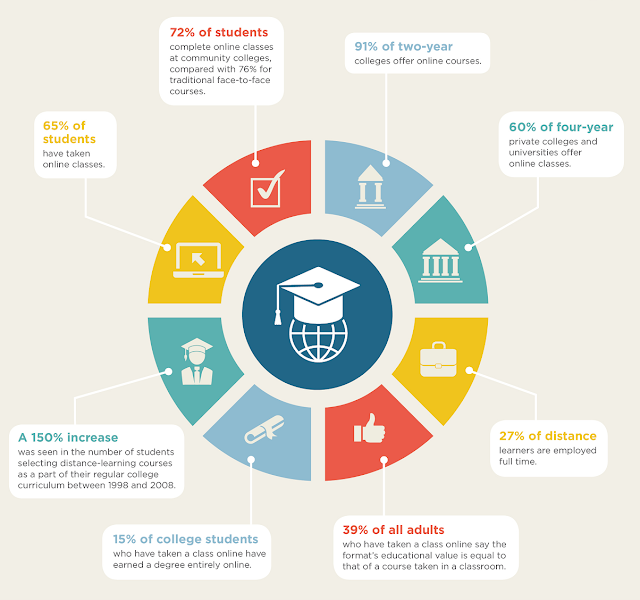Is this the end?

My view on ONL192 During the past twelve weeks, I have been taking an online course, ONL 192 [1] “Online Networked Learning, a course, a community, an approach”. The reason for taking this course was to get a deeper understanding of online teaching and learning. It was an intense and fascinating journey, that made me dive into tools for online cooperation, openness and content sharing, networked collaborative learning and methods and strategies to design online courses. I reached the end of the course and what have I learned? Well, twelve weeks ago, I was rather reticent and reserved about online courses. I thought they were only an option for motivated students that were interested in self-learning new subjects that would be otherwise not available in face to face environments. I also used to think that online teachers had a more passive role than classroom teachers. Twelve weeks later, my expectations for this course were totally met and my perspective towards onlin...



